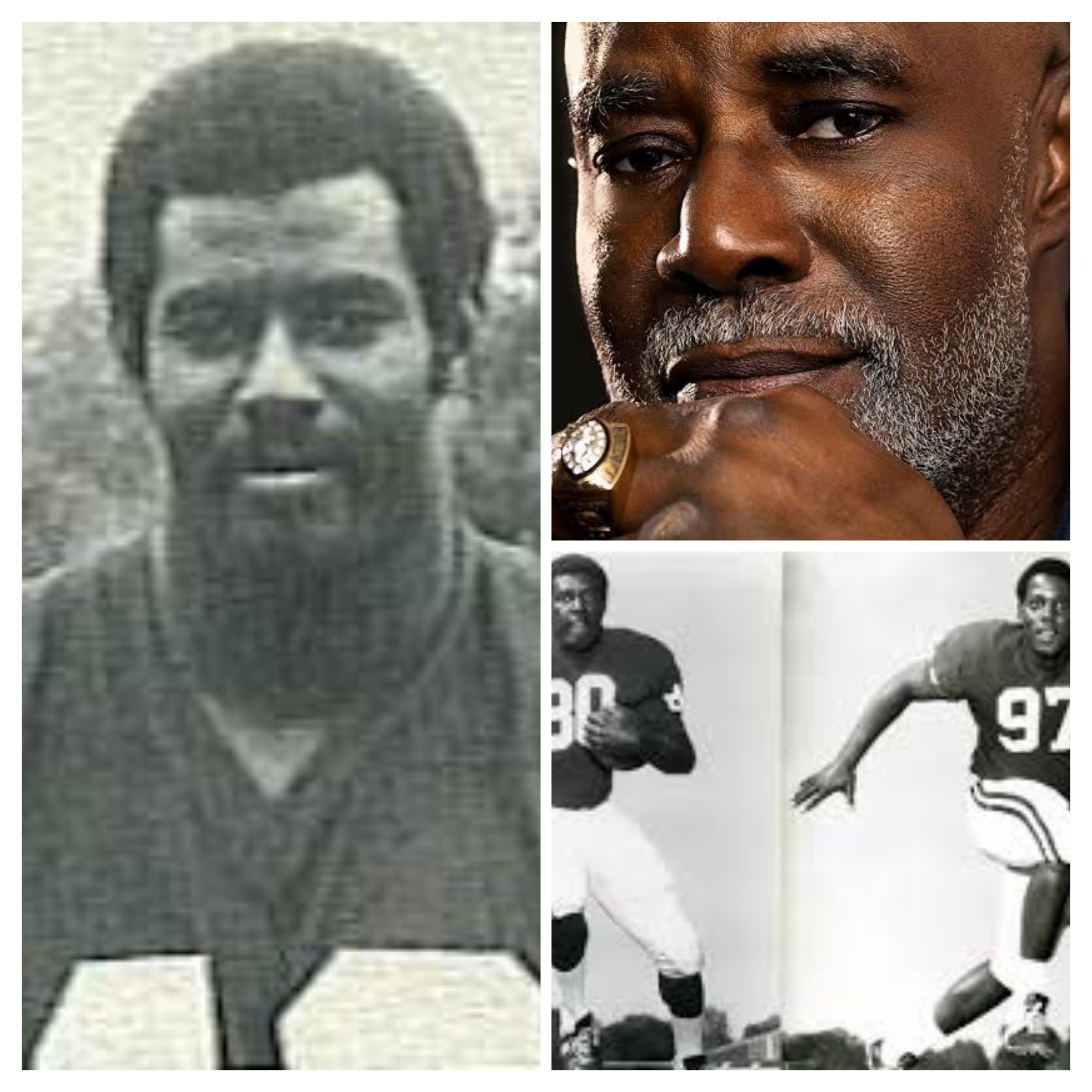The First and the Forgotten: Wilbur Jackson’s Silent Heroism
In a state where the echoes of segregation still rumbled through locker rooms and living rooms alike, a quiet teenager from Ozark, Alabama walked onto the University of Alabama campus and into history. There were no TV cameras waiting. No parades. No press conference. Just Wilbur Jackson, the first Black scholarship football player for the Crimson Tide, stepping into the heart of Bear Bryant’s empire — and into a role he never asked for but carried with unmatched dignity. He didn’t just change the game. He helped change the culture of the Deep South — and he did it in silence.
A Quiet Step into a Loud World

It was 1970 — just six years after the Civil Rights Act, and tensions still crackled across the American South. Alabama football, a powerhouse under Bear Bryant, had remained all-white even as schools around the country integrated their athletic programs. While the rest of the country was moving forward, the Crimson Tide was stuck in a time loop — until Wilbur Jackson broke the barrier.
He didn’t march. He didn’t give speeches. He didn’t need to. His presence was a protest. His courage, the quiet kind that never makes headlines, was a seismic shift in a state still learning how to coexist.
No Helmet Could Protect Him From This
Wilbur Jackson’s talent was undeniable — blazing speed, balance, and a football IQ beyond his years. But being the first meant he faced things his teammates never did. Racial slurs from opposing fans. Silent tension from classmates. Pressure from his own community to succeed — not just for himself, but for every Black athlete who would come after.
There were no mentorship programs or inclusion policies. Jackson was on his own. Even Bear Bryant, as respected as he was, treaded carefully around the politics of the time. It was Wilbur who bore the weight, not the program.
And still, he excelled.
By his junior year, Jackson averaged over seven yards per carry, a school record. He earned All-SEC honors and was later selected ninth overall in the 1974 NFL Draft by the San Francisco 49ers. But ask the average Alabama fan today, and they’re more likely to name Shaun Alexander, Mark Ingram, or Derrick Henry. Jackson’s name — the one that made all the others possible — has faded.
A Foundation, Not a Footnote
Wilbur Jackson didn’t win a Heisman or coach a national title team. What he won was far harder: respect in a time when it wasn’t freely given.
He didn’t break records as much as he broke a system. Without him, there’s no Anthony Carter, no Julio Jones, no Bryce Young. His legacy lives on in every Black athlete who puts on the crimson and white, even if they’ve never heard his name.
That’s the tragedy — and the triumph — of Jackson’s story. He shouldn’t have been forgotten. But even if history has been slow to honor him, those who know understand: Wilbur Jackson is not just part of Alabama’s legacy — he is the foundation of it.
It’s Time Alabama Said His Name
In 2021, the university finally unveiled a statue of Wilbur Jackson and John Mitchell, Alabama’s first Black players. It was long overdue — a symbolic gesture decades after the courage they showed without fanfare. Still, it was something.
But a statue is not enough. His story must be told in classrooms, in documentaries, in pregame reels. Because while trophies gather dust, courage like Wilbur Jackson’s only grows more powerful with time.
And if Alabama football truly stands for greatness, it must remember the young man who walked through hell so others could run toward glory.





























